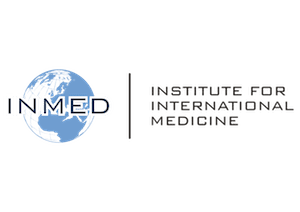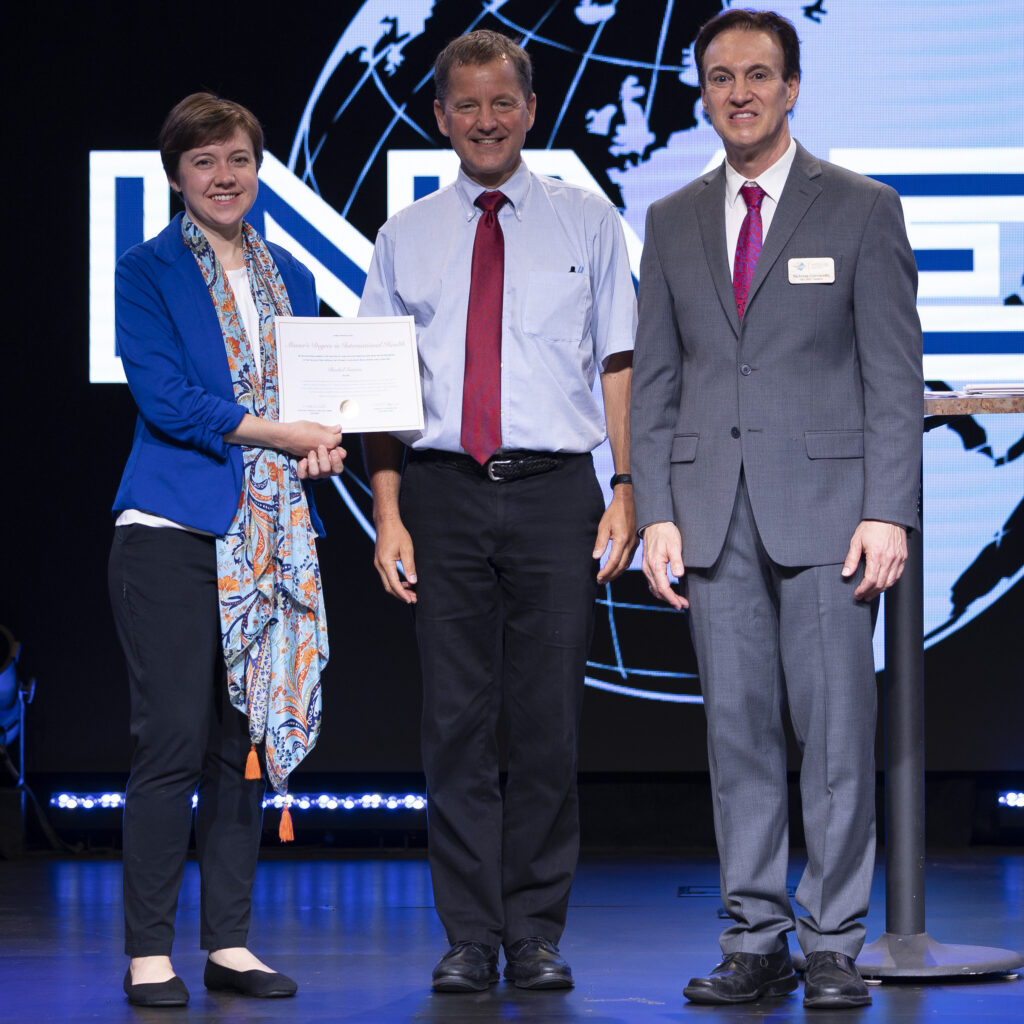Course Information
Progress in health requires skilled personnel who can apply the appropriate knowledge and resources on behalf of people in need. But the intentional transfer of such skill from one healthcare professional to another is frequently inadequate and inefficient. The purpose of this International Health Professions Education Course is to equip healthcare educators with concepts and methods of effective learning and teaching that will improve their ability to equip national healthcare professionals to carry forward progress in health. This is a comprehensive course is built around two required textbooks: DiPietro M, et al How Learning Works; 7 Research-Based Principles for Smart Teaching, 1st Edition (Note: 2nd Edition is not yet available for purchase). Jossey-Bass, San Francisco, CA. 2023. And, Kern, DE., Curriculum Development for Medical Education, A Six-Step Approach. 3rd Edition. Johns Hopkins University Press. Baltimore MD, 2016. Both books are available on amazon.com.
At the completion of the International Health Professions Education Course, learners will be able to demonstrate using case-studies, reflective writing, and simulation:
- Express the importance of skill transfer and empowerment.
- List modalities to enhance effective learning.
- List principles of effective teaching.
- Describe evaluation of learning outcomes.
- Explain the principles of instructional design.
Building upon the lessons below, learners will also critique assigned articles, participate in discussion boards, compose a comprehensive essay, and participate in a comprehensive health professions education simulation.
WEEK 1: ACTIVATE PRIOR KNOWLEDGE
- Students’ prior knowledge can help or hinder learning.
- Prior knowledge helps learning when activated, sufficient, appropriate and accurate.
- Curriculum development is dynamic, interactive and never ends.
WEEK 2: ORGANIZE NEW KNOWLEDGE
- How students organize knowledge influences how they learn and apply what they know.
- Expert learners have rich, meaningful knowledge structures that support performance.
- The difference between the current and ideal approach is part of the problem.
WEEK 3: VALUE THE GOALS AND ACTIVITIES
- Students’ motivation generates, directs, and sustains what they do to learn.
- The difference between the current and ideal characteristics of the learner and their environment is part of the solution.
WEEK 4: BREAK DOWN THE STEPS TO MASTERY
- To develop mastery, students must acquire component skills, practice integrating them, and know when to apply what they have learned.
- Goals are broad, objectives are specific and measurable.
WEEK 5: DELIBERATE PRACTICE IS THE HEART OF MASTERY
- Goal-directed practice coupled with targeted feedback are critical to learning.
- Curricular content flows from specific measurable objectives.
WEEK 6: LIFELONG LEARNERS TEACH THEMSELVES
- To become self-directed learners, students must learn to assess the demands of the task, evaluate their own knowledge and skills, plan their approach, monitor their progress, and adjust their strategies as needed.
- Evaluation compares with a standard of acceptability.
WEEK 7: ALL THINGS IMPROVE OR PERISH
- Static curricula decline and die. Successful curricula continually develop.
- Sustainable curricula are relevant and vibrant.
WEEK 8: FINAL EXAM AND PROJECT PRESENTATION
The following are the minimum computing requirements for participating in this course. Students must have ready access to and be functionally proficient with:
- A personal computer with an up-to-date operating system and ample memory for downloads
- A web browser, preferably the most up-to-date version of Chrome, Internet Explorer, Firefox, or Safari
- Applications capable of opening Microsoft Word documents and of viewing PDFs
- An Internet connection, preferably high speed
- Capability of viewing YouTube and Vimeo videos
Education Methods
Learners will achieve the course competency objectives through the following educational methods:
- Assigned book and article readings
- Critical analysis
- Group discussions
- Essay Composition
- Simulation exercises
Evaluation Methods & Requirements For Successful Completion
Assessment of the learner’s performance will be based upon:
- Demonstration of the competency objectives using case-studies and simulation
- Completion of all Chapter Discussion Board assignments
- Completion of all Article Discussion Board assignments
- Achievement of ≥ 80% on the International Health Professions Education Essay
- Achievement of ≥ 80% on the International Health Professions Education Final Exam
- Complete evaluation and credit claims forms at the course conclusion
Continuing Medical Education (CME) credit for the INMED International Health Professions Education Course is attained through satisfactory completion of the course requirements. Note: CME is not applicable to students or resident physicians.
Cost
There is no additional charge for Continuing Medical Education (CME) credit.
Accreditation Statement
Physicians
Institute for International Medicine is accredited by the Missouri State Medical Association to provide continuing medical education for physicians.
The Institute for International Medicine designates this other activity (live course and enduring material) for a maximum of 32 AMA PRA Category 1 Credit(s)™. Physicians should claim only the credit commensurate with the extent of their participation in the activity.
Accreditation Launch Date: February 1, 2024
Accreditation Termination Date: February 1, 2027
Other Healthcare Professionals
A certificate of completion indicating the number of AMA PRA Category 1 Credit(s)™ will be issued for completing this course. Certificates may be submitted to applicable state boards for recognition.
Disclosures
No persons in control of the content of this course have relevant financial relationships with ineligible companies.
| Nicholas Comninellis MD MPH DIMPH | No relevant financial relationships with ineligible companies to disclose |
| Fred Loper MD | No relevant financial relationships with ineligible companies to disclose |
| Timothy Myrick MD DTMH | No relevant financial relationships with ineligible companies to disclose |
| Leda Rivera | No relevant financial relationships with ineligible companies to disclose |
Tuition for the International Health Professions Education Course Course is $885 for both Master’s degree and non-Master’s degree credit. No additional charge is added for Continuing Medical Education (CME) credit.
The cost of this course offered outside of the United States, including China, may be different to account for local taxes and local regulation compliance.
For more information, please view our Cost page.
Nicholas Comninellis MD, MPH, DIMPH
Susan Radecky MD, MPA



